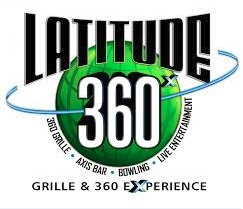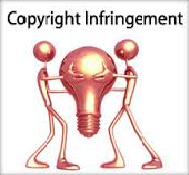Indianapolis, Indiana – The Southern District of Indiana denied Plaintiff Larry Philpot’s

motion to reconsider the dismissal of his 2014 lawsuit alleging copyright infringement.
Acting as his own copyright lawyer, Philpot, a professional photographer of Indianapolis, Indiana filed a copyright infringement lawsuit against Music Times, LLC of New York, New York. He alleged that Defendant infringed his copyright on a photograph of Norah Jones taken during a performance in Milwaukee, Wisconsin. The photo had been registered with the U.S. Copyright Office as Certificate No. VAu 1-164-648.
Prior to this motion to reconsider, Philpot had last taken on the case on December 15, 2014. He had then failed to prosecute the case further. On April 17, 2015, the court set an April 30th deadline by which Philpot must show good cause for his failure to take additional actions to advance the copyright infringement lawsuit. Philpot did not respond and, on August, 26, 2015, the court dismissed the litigation.
Plaintiff Philpot, upon being notified of the court’s dismissal of the lawsuit, filed a motion asking the court to reconsider. He stated that he had not received notice of the court’s April 17th order and that his failure to prosecute had been a result of being “completely overwhelmed” due to having filed “too many actions.” On these grounds, he asked the court to reverse its earlier entry of judgment against him.
The court declined to do so. Under Fed. R. Civ. Pro. 59(e), a court is permitted to alter or amend its judgment “only if the petitioner can demonstrate a manifest error of law or present newly discovered evidence.” Because Plaintiff did not demonstrate either – and because his failure to do so would not be excused merely due to his pro se status – the court denied the motion to reconsider.
 Indiana Intellectual Property Law News
Indiana Intellectual Property Law News








